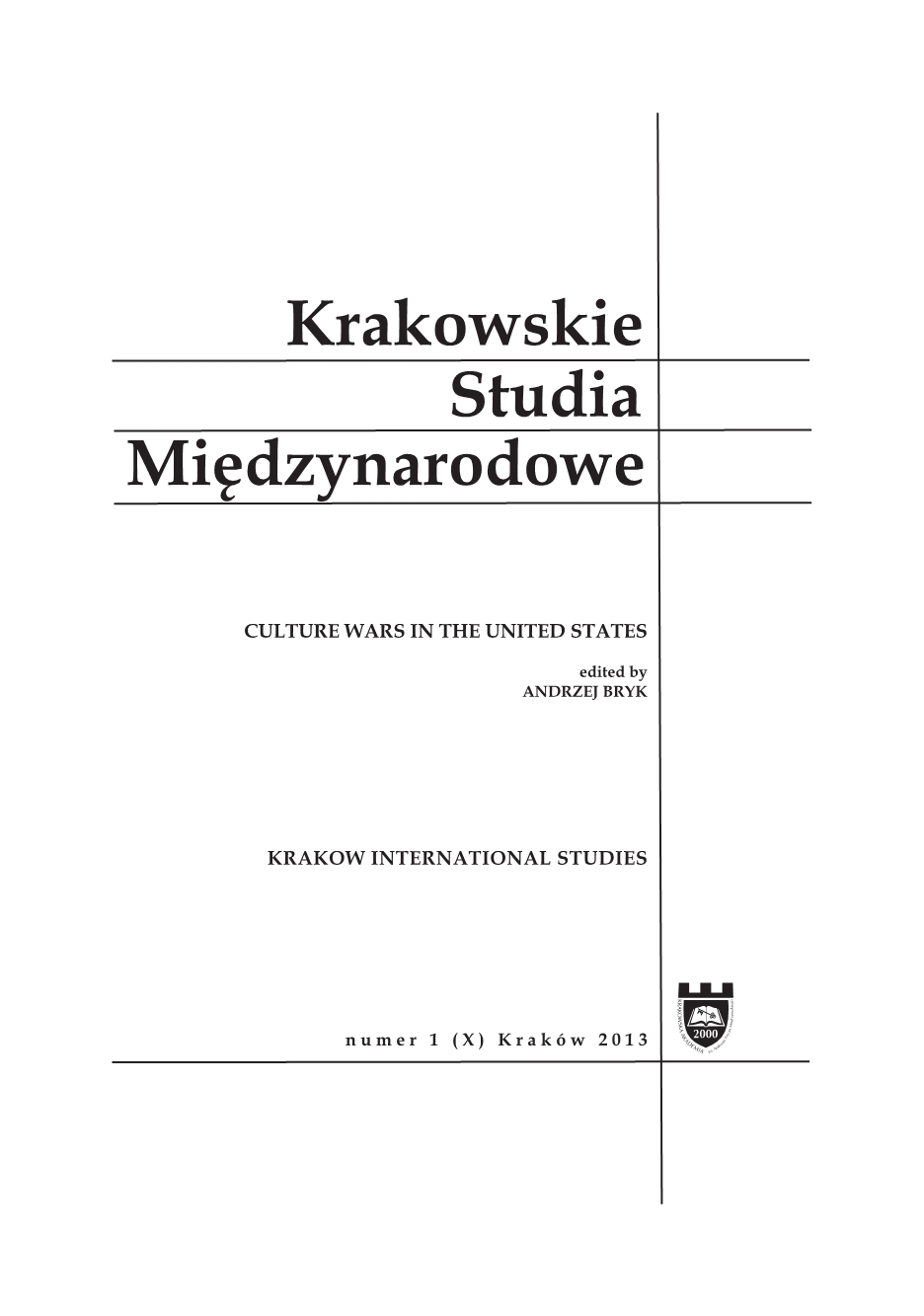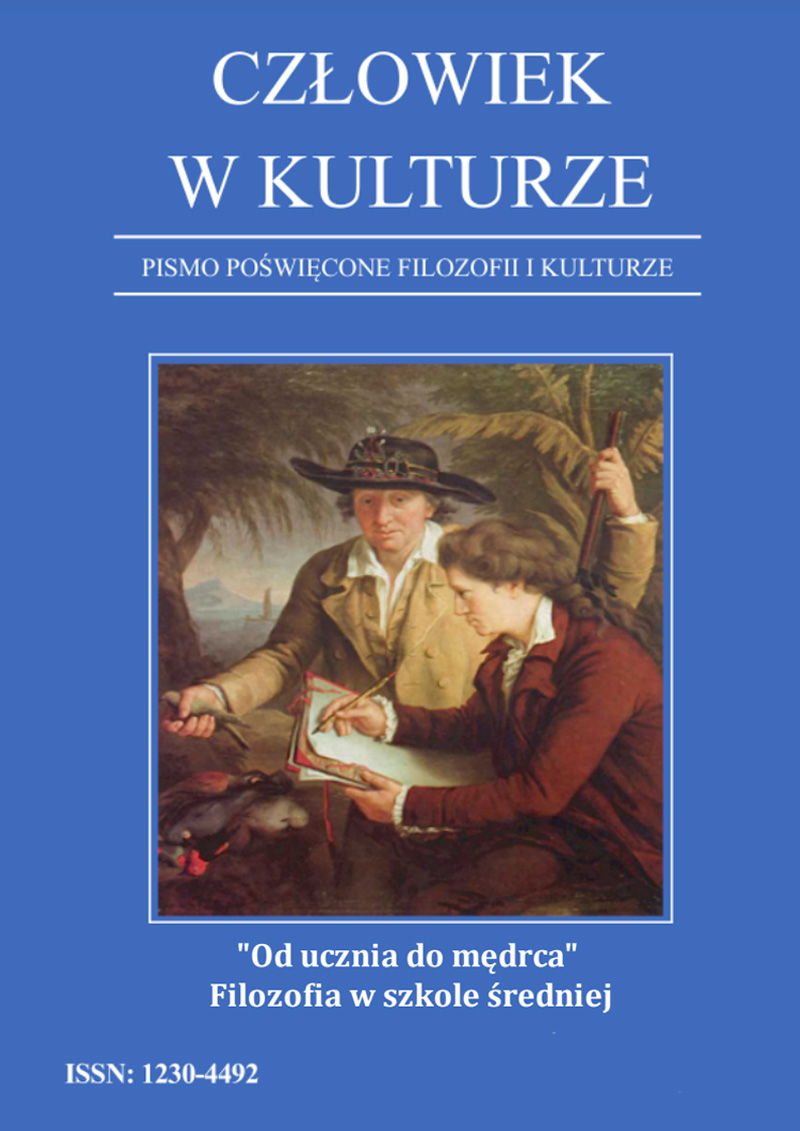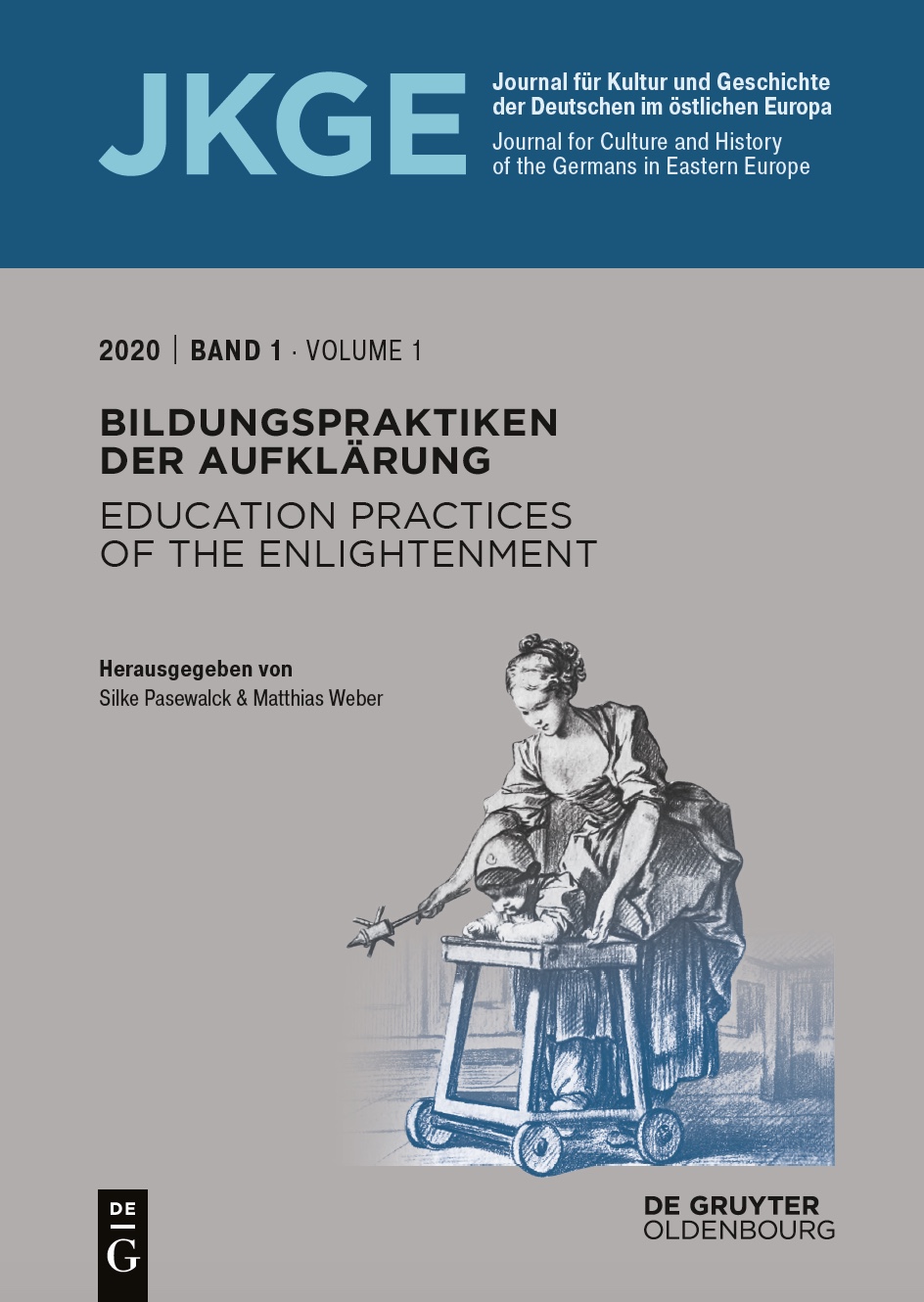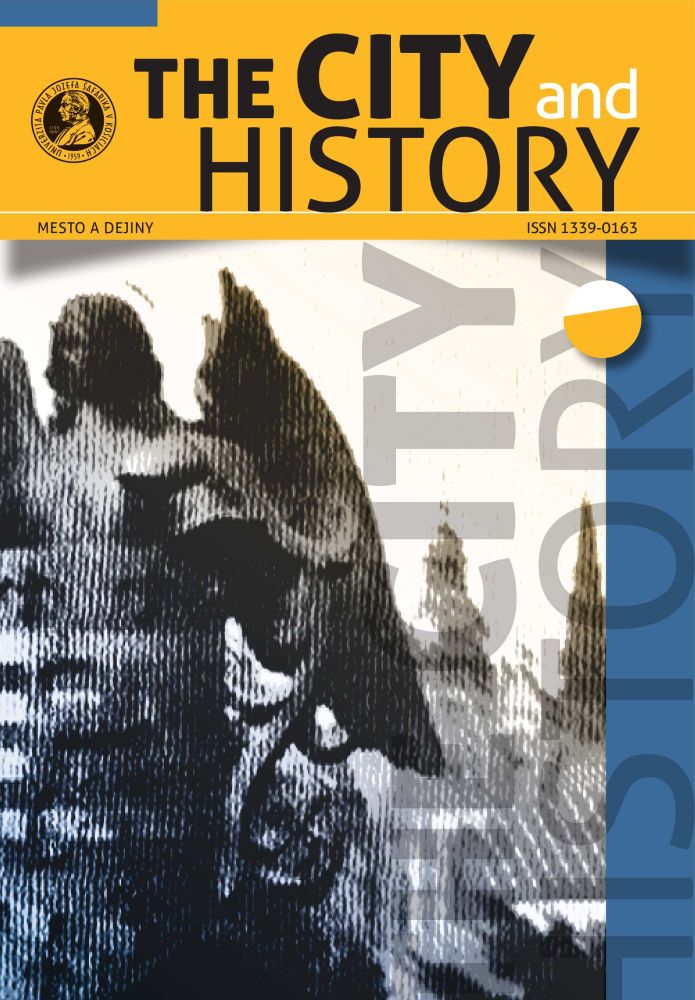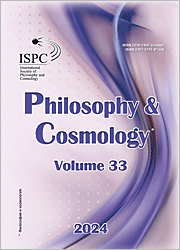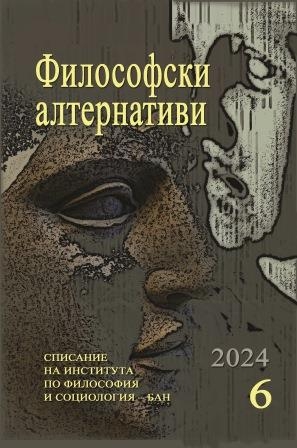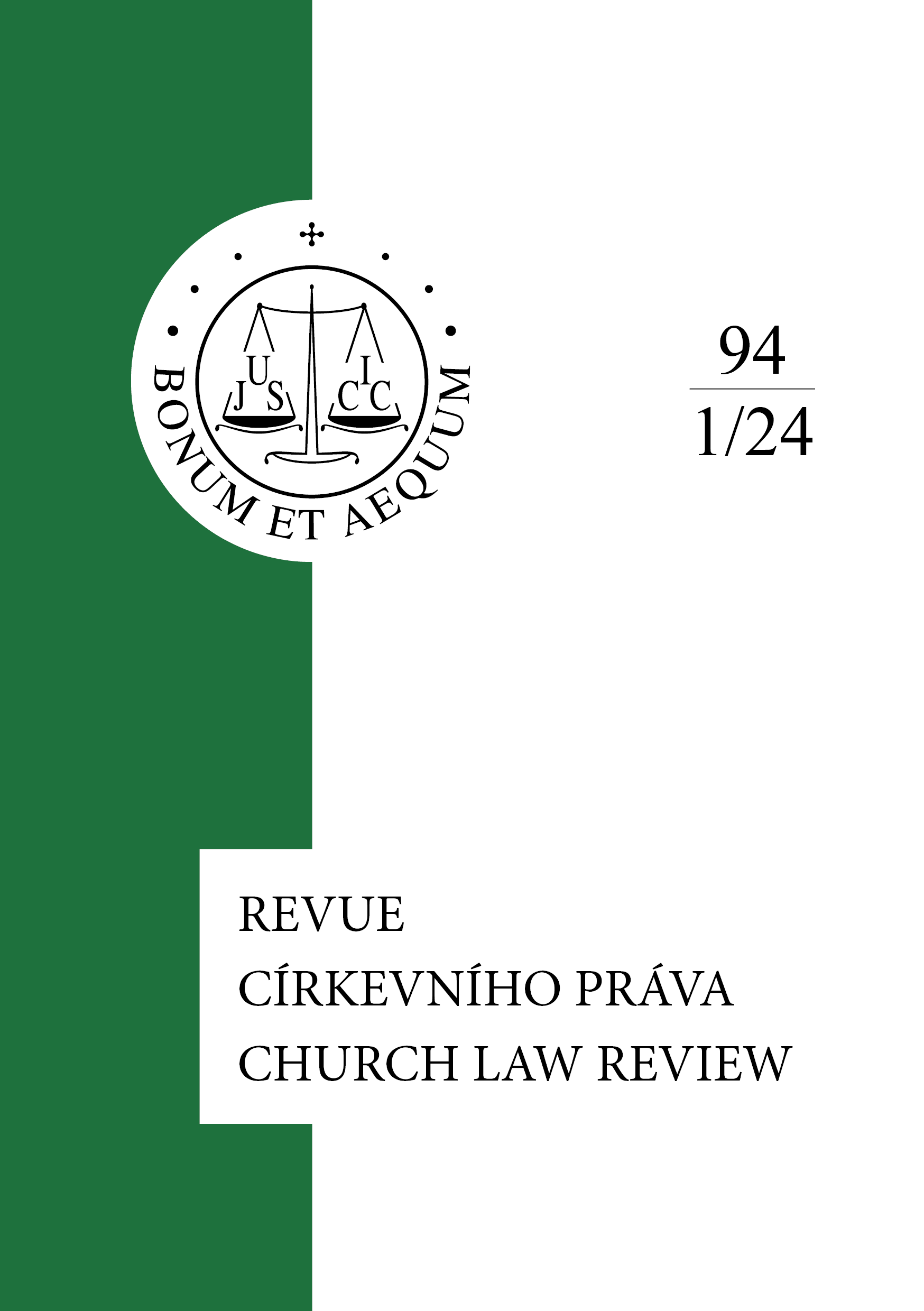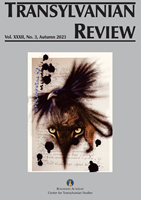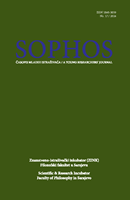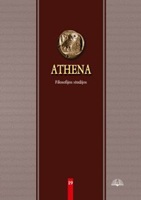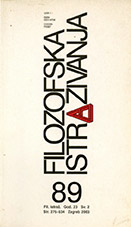
Filozofija i tehnika
From the beginnings of philosophy, the problem of a method has a double meaning/level- it was every sort of research, and, at the same time, special research. In philosophy, second meaning was prevalent - every research was a proposition for a method, but in science such a method could be, at the same, a new theory. Consequently, the method is a general instruction for some technique. Techne, ars, technology ... are the principles of using the knowledge, i.e. general instructions for directing human activities, and could be divided on rational and magic, i.e. religious technique, the former more distinctively into symbolic, technique of behaviour and technology of production (Abbagnano). The solutions for the critique of science as a stetement of anti-technology are offered as follows: l) the call for a renewal of spiritual life and retum to precedent stages of development; 2) Husserl's call for intelligent behaviour; 3) Heidegger's quietistic reconcilation and waiting for something; 4) Abbagnano's searching for new corrective techniques. The author is pleading for the last solution, by intensifying it with a help of aporetic question: atomic bomb in World War II - yes or no? The answer is included in a fact that scientific research should not, and could not be stopped by any kind of principles. Bioethics too, could function as a corrective technique (Čatić), but it, as well as philosophy, should be directed towards politics and management, and not against science and technology.
More...
